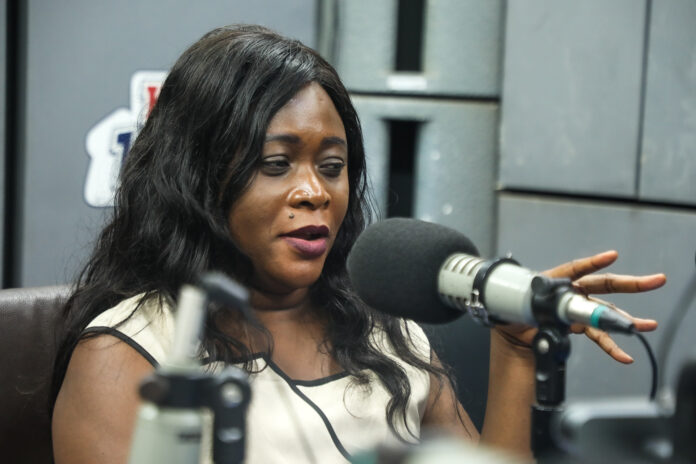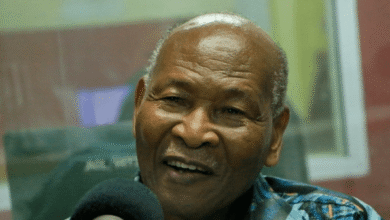Leila Djansi says shaved hair signifies strength, not shame

Filmmaker Leila Djansi has entered the school hair debate by challenging its common religious and cultural justifications, advocating for a perspective rooted in African tradition.
She directly addresses the biblical passage that describes a woman’s hair as her “glory,” arguing it must be read in context.
Djansi explains that the Apostle Paul was writing within specific Greco-Roman and Jewish cultural frameworks where long hair symbolized honor and social standing.
These meanings, she states, “were never intended as a universal prescription for all cultures.” To use this passage to police African hair is to “ignore historical specificity and to import values that were not originally ours.”
Countering this, she presents an alternative narrative drawn from indigenous practices.
“In our own culture and traditions, shaved hair symbolized new beginnings, prayer, sacrifice, and leadership,” Djansi states in a social media post sighted by MyNewsGh.
She defines it historically as “a sign of spiritual strength and personal transformation, not shame or punishment.”
Furthermore, she questions the very origin of the beauty standards used to judge hair today.
“Who set these beauty standards? Were they not the colonial masters who taught us that Euro-Christian appearance is what equals worth?” Djansi asks, reminding Ghanaians that natural African features were once shamed.
“She concludes by noting the resilience of natural hair, sharing that after she cut her own, it grew back “long, thick and free.”




